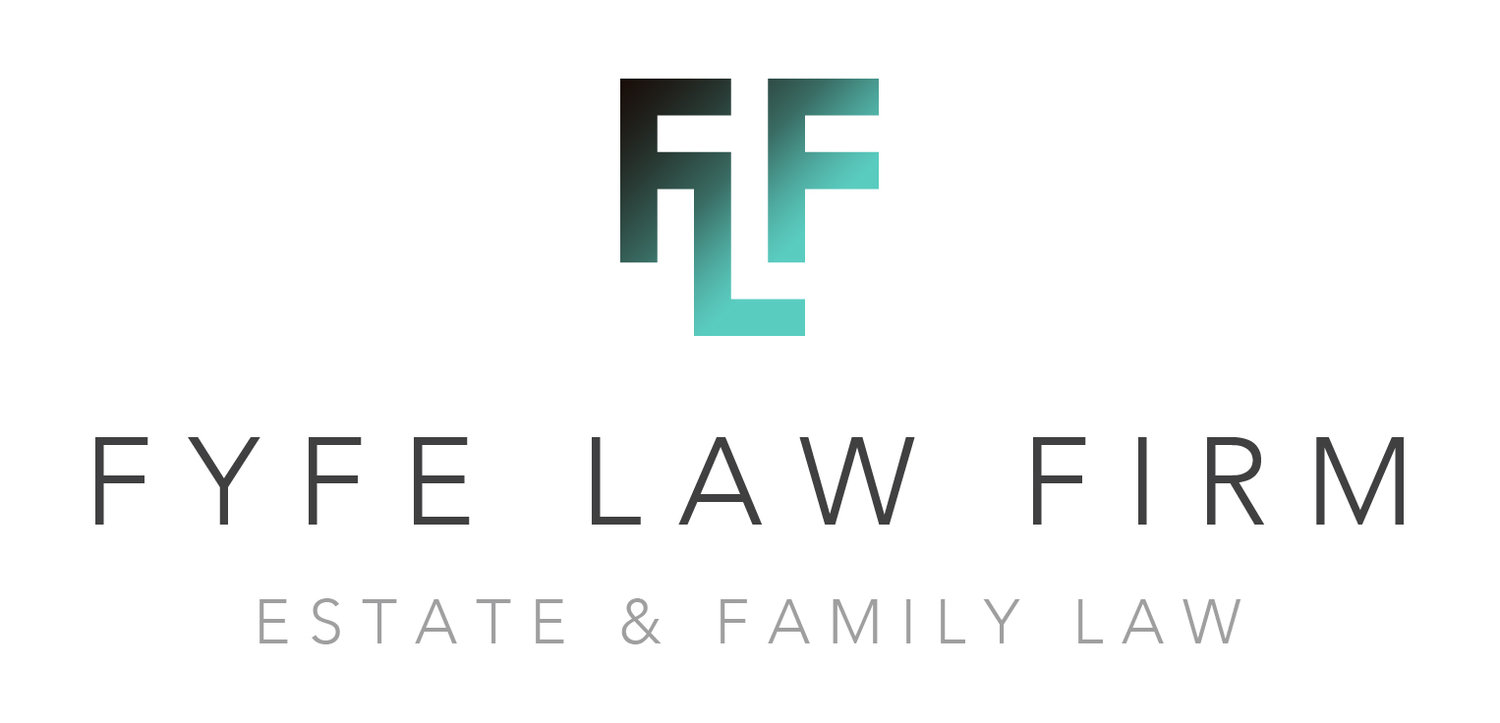Revocable Living Trust (Inter Vivos Trust)
Revocable Living Trusts are typically the simplest and safest way to transfer property upon your death to the beneficiaries of your choosing. It mostly achieves the same objective as a Will, with one major critical distinction: a Trust helps avoid going through the costly and time consuming probate court process. If you own a home or condo in California, your gross probate estate will almost always be in excess of $150,000, which will cause mandatory formal probate to trigger if you die with only a Will, with no estate plan at all, or with no other probate avoidance mechanisms in place. Probate fees often exponentially exceed the cost of setting up a Trust.
With a Revocable Living Trust, it is called "living" because they are created while you are alive. They are "revocable" because you can change them at any time before you death, and for any reason. Sometimes they are referred to as "Inter Vivos Trusts" which simply means "among the living" in Latin.
Connect with a Poway estate planning attorney on LinkedInAfter weighing the options for an estate plan, many people opt for a Revocable Living Trust instead of depending on a Will to execute their final wishes.
Here's why:
Without a Trust, a probate estate will incur probate fees. In California, if you are subject to formal probate procedures, the estate will be subject to statutory probate fees which are 4% of the first $100,000 of the gross value of the probate estate, 3% of the next $100,000, 2% of the next $800,000, and 1% of the next $9 million. These fees are based on the "gross" probate estate, which means debts and mortgages are not subtracted to determine value. Therefore, a Trust can have significant savings.
A Trust can typically be administered quickly and protect inheritances for children and grandchildren from a lengthy and costly probate court process. By the time a formal probate estate has been distributed, a significant percentage of the property has been depleted by legal and court fees during the probate process.
With a Revocable Living Trust, your assets are placed into a Trust for your benefit during your lifetime and are revocable by you at any time. Upon your death, the Trust becomes irrevocable and is transferred to your designated beneficiaries.
A Trust can be written so that your Trustee of choice can automatically jump into action if you become ill or incapacitated. In situations where the you are incapacitated, a Trust can avoid a conservatorship proceeding, which can be expensive and time-consuming.
If you do not have confidence that your children or grandchild will make good decisions about spending inherited money, you can put those decisions in the hands of someone else with a Trust.
A Trust maintains greater confidentiality of your estate plan and your family's privacy than a Will or no estate plan at all. The court file in a probate case is a public record, which can be viewed by anyone.
Although there are other mechanisms that may be used to avoid probate other than a Trust, few are able to allow for a disposition of all of a decedent's property. For example, it is hard to use joint tenancies to equally distribute all of your property among multiple beneficiaries and also provide for distributions to alternate beneficiaries.
A Trust entails having certain assets changed from your name individually to the name of the Trust (such as real estate, stocks, mutual funds, bonds, and money market account), unlike a Will. However, a Trust typically allows for significant additional protections. Transferring assets into a Trust is very common and thus is typically not overcomplicated.
Using a Trust to pass property to your beneficiaries can have tax advantages and can avoid the potential legal complications of distributing your estate or a contested will. A Trust also gives you the ability to create instructions and conditions for asset distribution upon your death–giving you control over your assets even when you are not here.
Whether you have some or a lot of assets, a Trust is likely just the thing you need to manage those assets and to decide what's done with them upon your death. We will work together to consider what you want the Trust to do for you and guide you through the entire process, providing legal advice as you need it or the situation demands it.
Feel free to speak with an attorney at Fyfe Law Firm regarding any of your estate planning concerns. We will take the time to find the best solution possible for your specific needs, whether that be a trust, or another estate planning mechanism. You may send us a message by filling out the form below.

